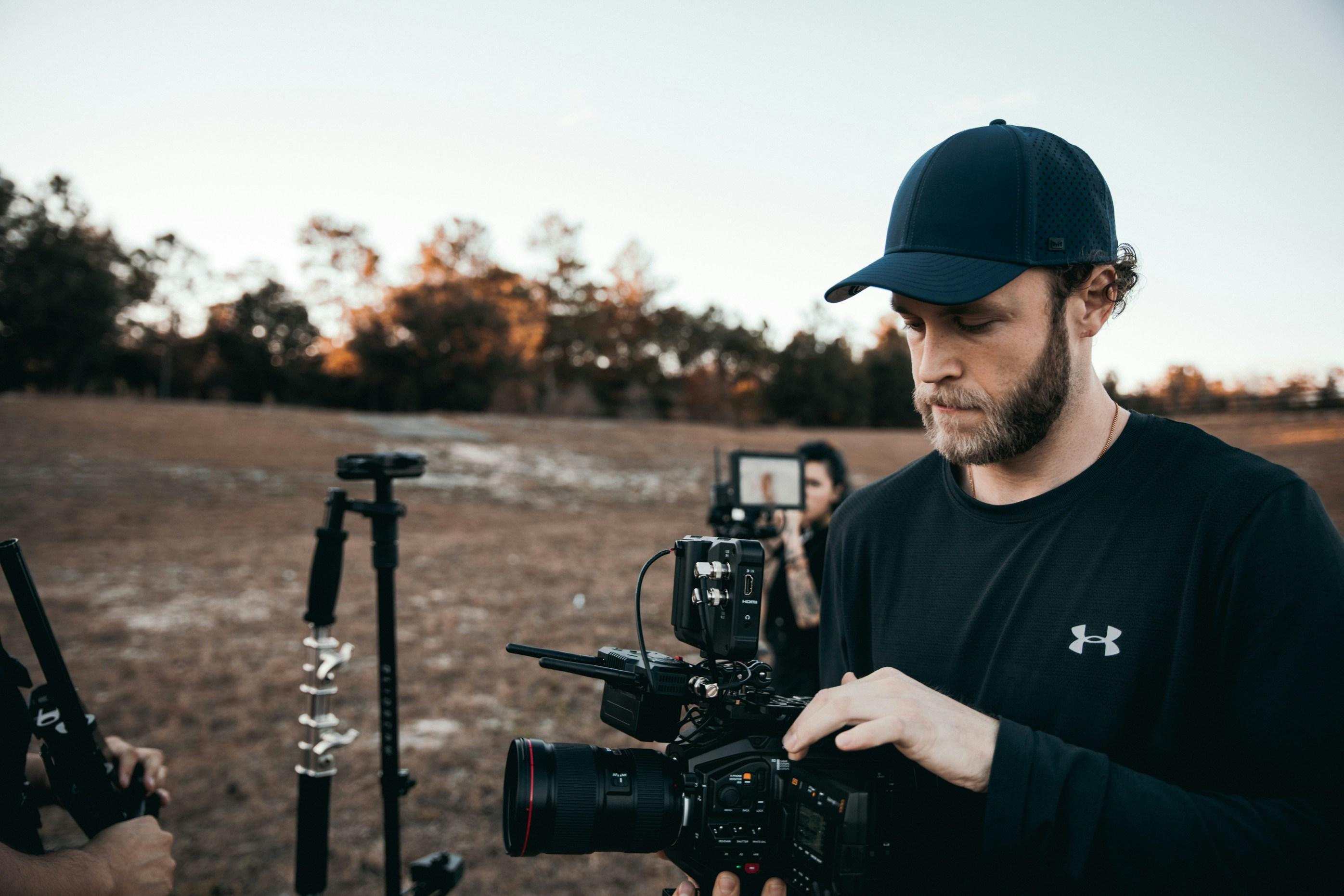In an era where information is both abundantly accessible and frequently scrutinized, the role of documentary filmmakers as conveyors of truth is increasingly under the microscope. Documentaries, often lauded for their ability to shed light on complex issues and uncover hidden narratives, occupy a unique space between journalism and art. This duality raises critical questions about the ethical obligations filmmakers have toward accuracy and authenticity. , or does their creative license allow for a more interpretive approach to storytelling? This article delves into the responsibilities of documentary filmmakers, examining the balance between artistic expression and factual integrity, and exploring the implications of their choices on public perception and trust.
Understanding the Ethical Responsibilities of Documentary Filmmakers
Documentary filmmakers operate in a realm where truth and representation are paramount. They wield significant influence over public perception, making their ethical responsibilities crucial. One of the most pressing duties is ensuring the accuracy of the information they present. Fact-checking is not just a procedural step; it is a fundamental ethical obligation. Filmmakers must meticulously verify their sources to maintain credibility and trustworthiness. This involves:
- Cross-referencing information with multiple sources to confirm its validity.
- Consulting experts in relevant fields to provide context and authenticity.
- Acknowledging biases and potential conflicts of interest to present a balanced narrative.
While creative storytelling is an integral part of filmmaking, the commitment to factual integrity should never be compromised. The ethical landscape of documentary filmmaking requires a delicate balance between artistic expression and the unwavering pursuit of truth.
Evaluating the Role of Fact-Checking in Documentary Storytelling
In the realm of documentary filmmaking, the integrity of the narrative hinges on the authenticity of the information presented. Fact-checking emerges as a pivotal process, ensuring that the stories told are not only compelling but also accurate. As filmmakers weave their narratives, they face the challenge of balancing creative storytelling with journalistic rigor. The stakes are high, as documentaries often serve as a primary source of information for audiences.
- Trustworthiness: Audiences rely on documentaries for truthful accounts. A lapse in fact-checking can lead to misinformation, eroding trust.
- Ethical Responsibility: Filmmakers hold a duty to their subjects and viewers to present factual content, respecting both the narrative and the real-world implications.
- Creative Constraints: While fact-checking is crucial, it can sometimes limit creative expression. Filmmakers must navigate these constraints without compromising on truth.
Ultimately, the role of fact-checking in documentary storytelling is not just a procedural necessity but a foundational element that shapes the documentary’s credibility and impact. Balancing these elements requires a nuanced approach, where filmmakers act as both artists and custodians of truth.

Balancing Creative Vision with Accuracy in Documentaries
Documentary filmmakers often walk a tightrope between artistic expression and factual integrity. On one hand, the creative vision is what captivates audiences, breathing life into stories through compelling narratives and innovative cinematography. On the other, the responsibility to ensure accuracy remains paramount. Fact-checking is not merely a procedural formality; it is the backbone that lends credibility to the documentary format.
- Authenticity vs. Artistic License: While dramatization and reenactments can enhance storytelling, they must be carefully balanced to avoid distorting the truth.
- Source Verification: Filmmakers should diligently verify the authenticity of their sources to prevent the spread of misinformation.
- Ethical Considerations: Misrepresentation can lead to ethical dilemmas, potentially damaging the reputations of both the filmmaker and the subjects involved.
Ultimately, the goal is to engage the audience without compromising on truthfulness. By harmonizing creative elements with rigorous fact-checking, documentary filmmakers can craft stories that are both enlightening and entertaining.

Recommendations for Ensuring Credibility in Documentary Production
Ensuring credibility in documentary production is a multifaceted endeavor that requires meticulous attention to detail. Filmmakers can adopt several strategies to maintain the integrity of their work. Firstly, it’s crucial to implement a robust fact-checking process. This involves verifying information with multiple independent sources and consulting with experts in the relevant fields. Cross-referencing data helps to identify discrepancies and confirm the accuracy of the information presented.
In addition to fact-checking, transparency with the audience can enhance credibility. Filmmakers should be open about their sources and methodologies. Consider including a list of references or a bibliography at the end of the documentary. This approach not only builds trust but also invites viewers to further explore the subject matter. Furthermore, filmmakers should strive to present a balanced perspective, avoiding bias and ensuring that diverse viewpoints are represented. By adhering to these practices, documentarians can uphold the standards of truthfulness and reliability in their storytelling.



